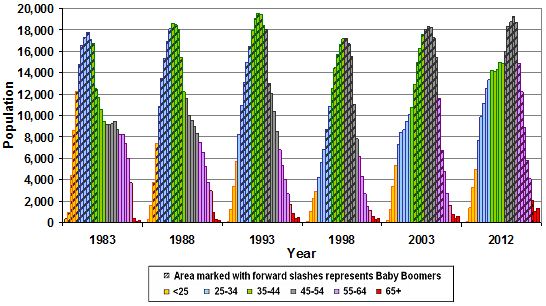 |
by Kent Aitken |      |
Chelsea recently walked through some considerations about loosening hierarchy, and put a question to her "renewal-minded" audience about how every change impacts each person differently. So for several weeks I've been thinking about the difference between the theoretical ideal and the practical ideal for an organization. I commented on Chelsea's blog that it's possible that the goal should be a system that we all know is sub-optimal, but that is more reliable for more people. A rowboat's less effective than a speedboat, but much harder to break, easier to learn, and easier to repair.
The Best and the Best Possible
This leads back to questions I left hanging in my post about the changing demographics of public service, possibly leading to a different approach to problems and solutions (see: Lego, Millenials, and the Perimeter of Ignorance). Is that idea actually characteristic of the majority of people in an organization? Like the flat hierarchies that Chelsea explored, what's the impact on everyone involved? It's very likely that my anecdotal evidence, that people could work in such environments, is based on a biased sample.
I started imagining a graph with potential on the vertical axis and feasibility on the horizontal. Perhaps many organizational systems that would be speedboats - incredibly effective for their intended purpose - sacrifice too much feasibility and so are unreliable, expensive, or overly demanding on people.
Two Alternatives
Organizational pragmatism seems like a reasonable position, but I see alternatives.
One, I frequently think that we go too far sacrificing principles for outcomes, ignoring - even if we think we're being perfectly pragmatic - the long-term impacts, and how we're sending signals about what is important. I wrote back-to-back posts about the pragmatic and principled approaches, applied to the idea of hiring a generation of demanding, impatient employees:
Saying "I know this isn't right, but it's what we have to do for right now" is a dangerous road that gets walked too often.
Two, the rowboat-speedboat analogy is loaded - it implies that the effective system is expensive, complex, and involves many moving parts. It could instead be like a flock of starlings - a complex whole based on individually very manageable principles. The graph could be flipped on its head, and feasibility doesn't necessarily have to decrease as potential increases.
The organizational system that requires every employee to behave differently? That's a speedboat. It doesn't have to be like that.

